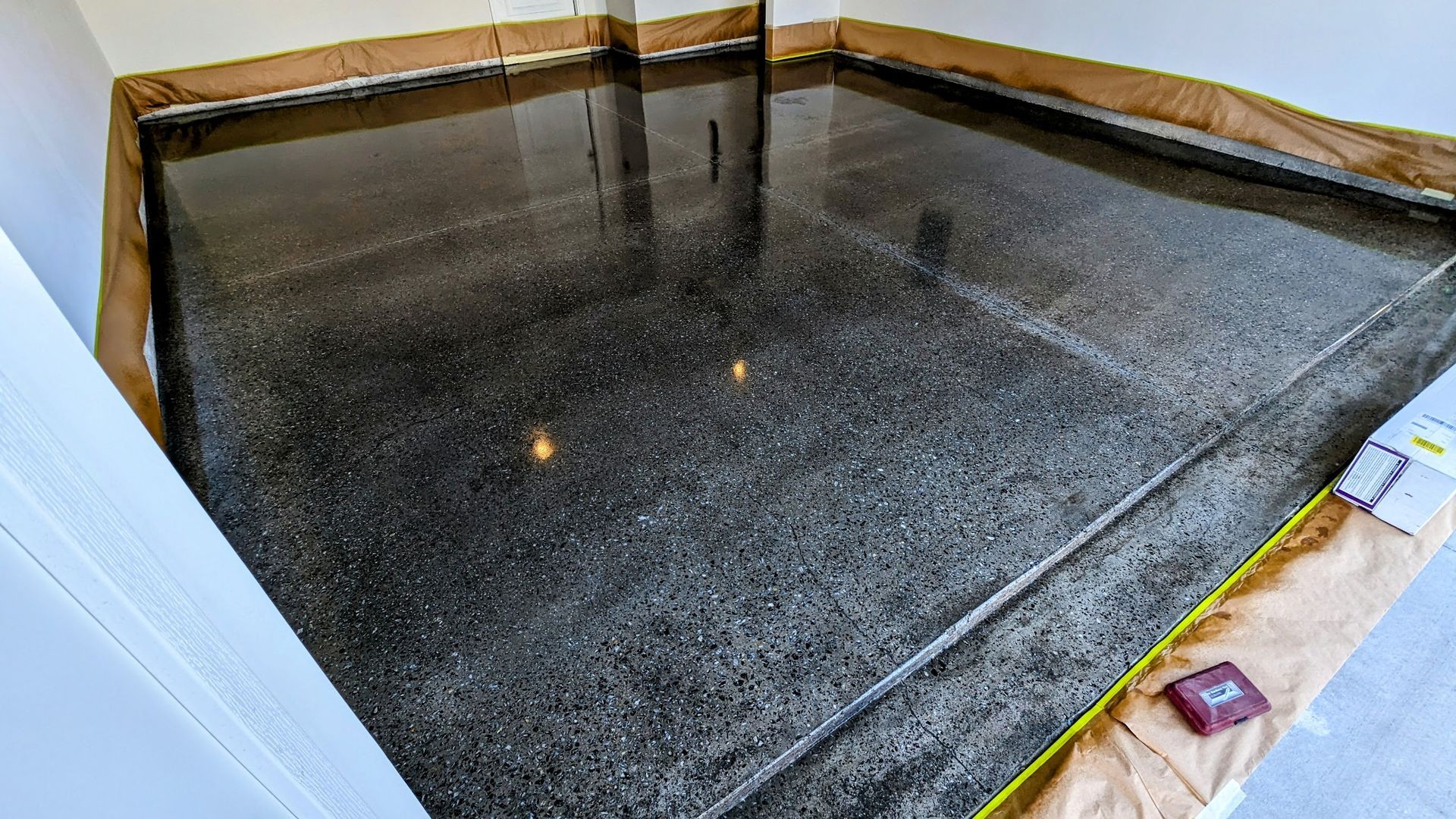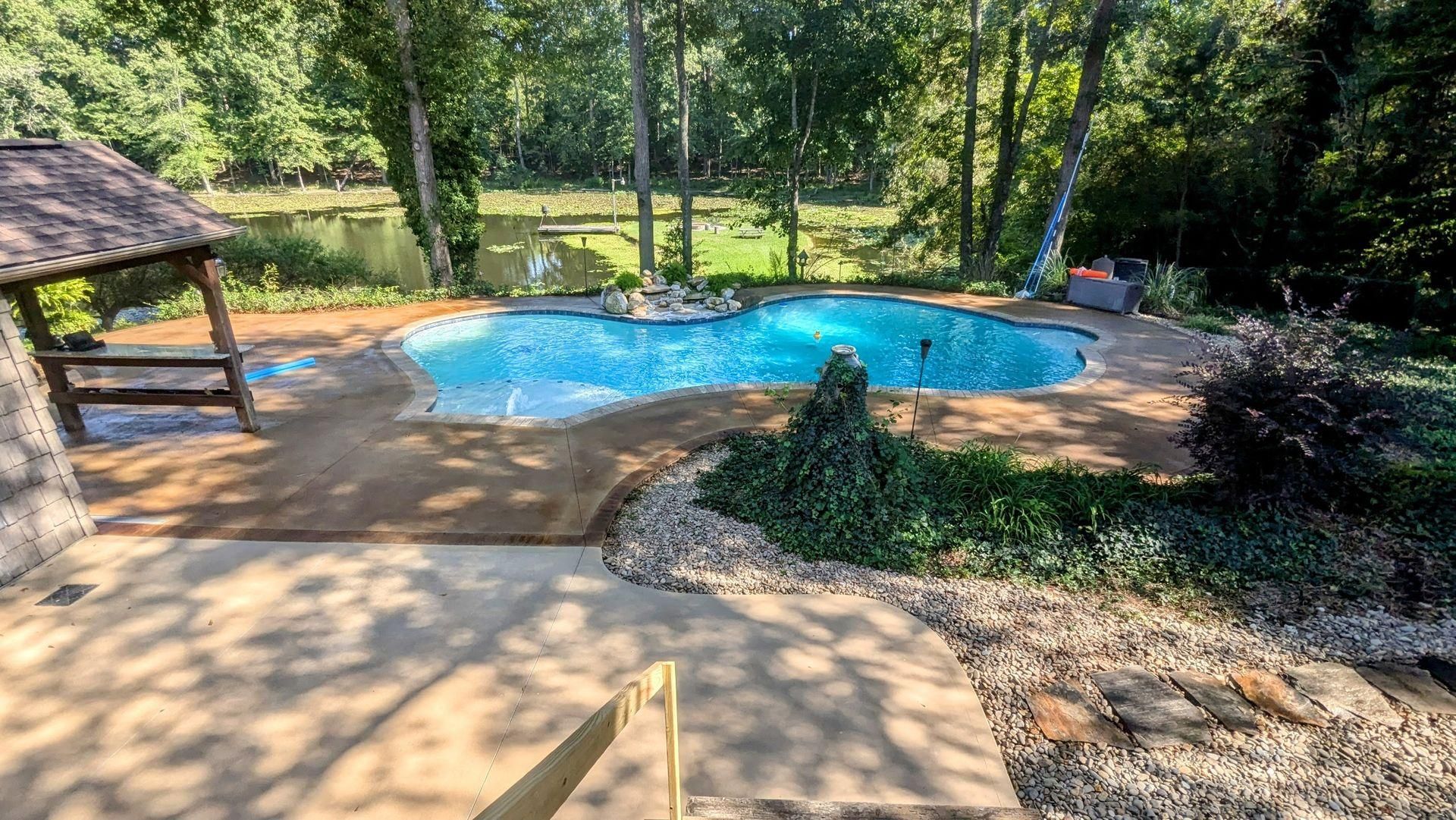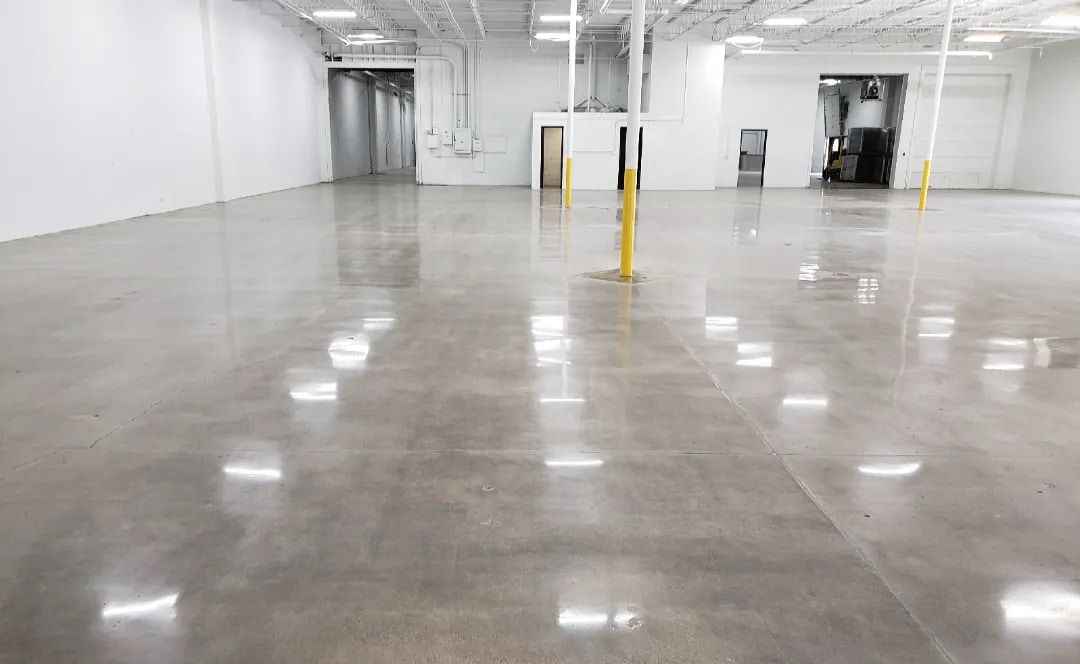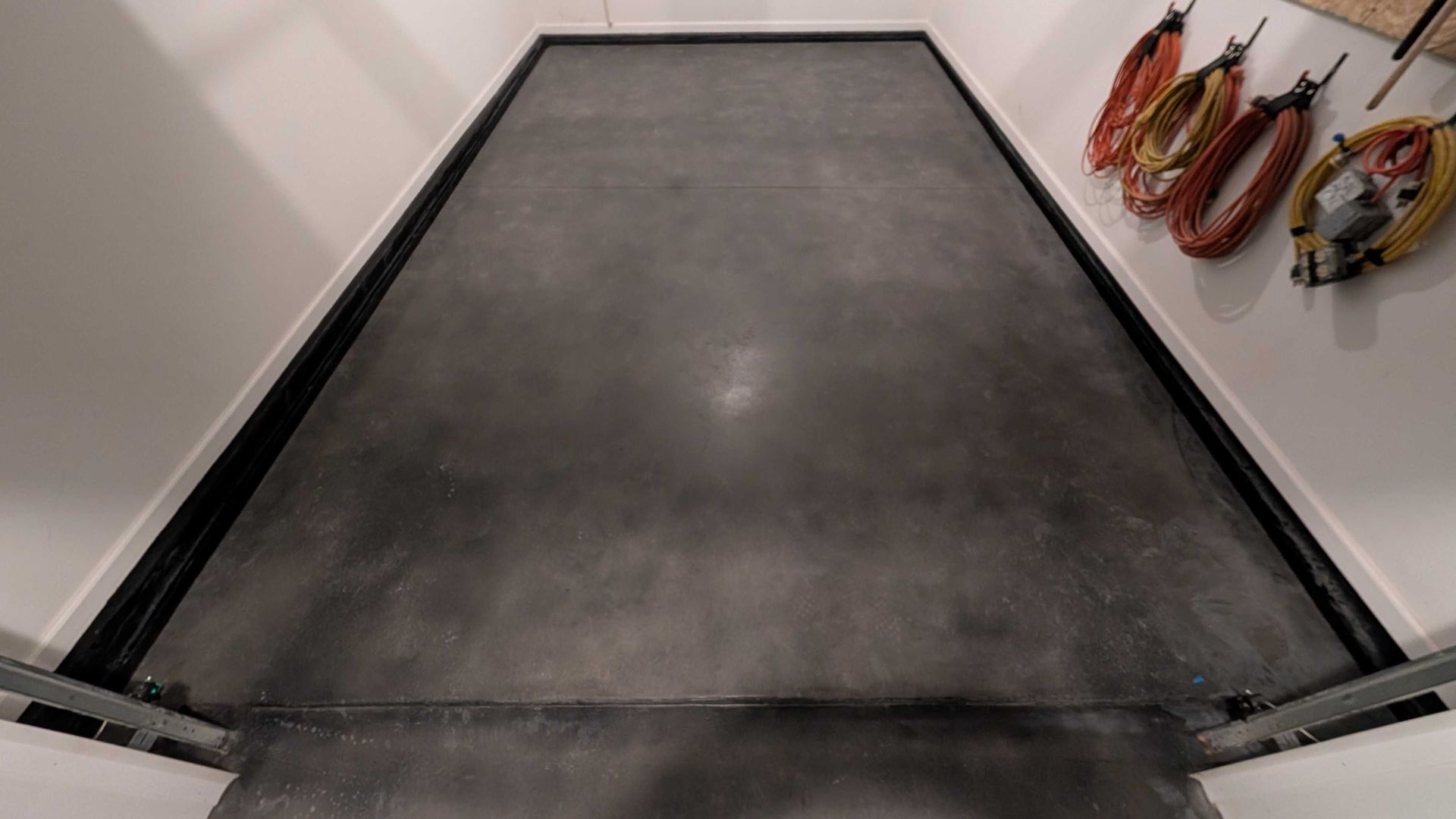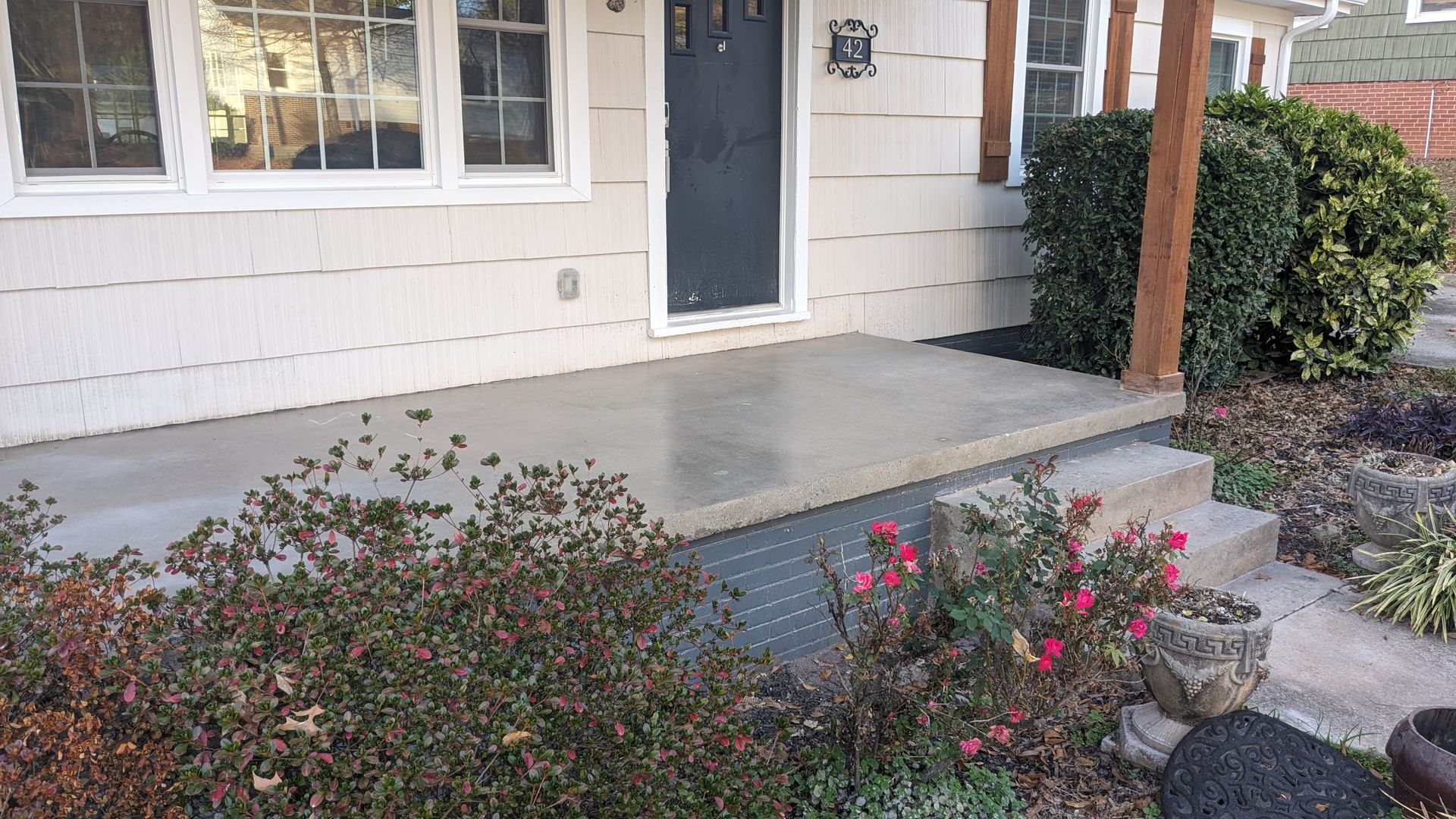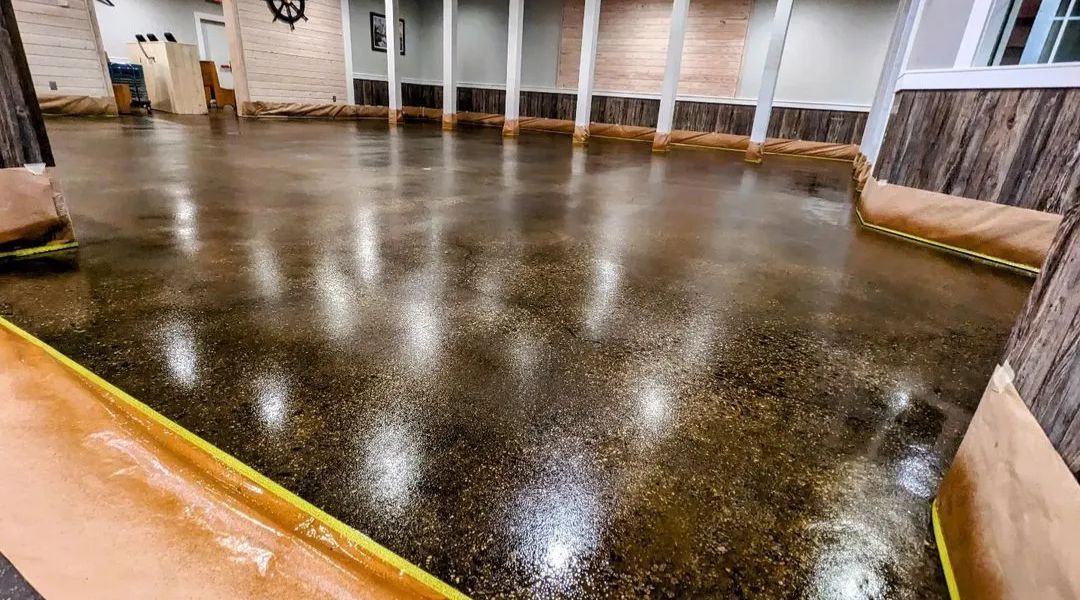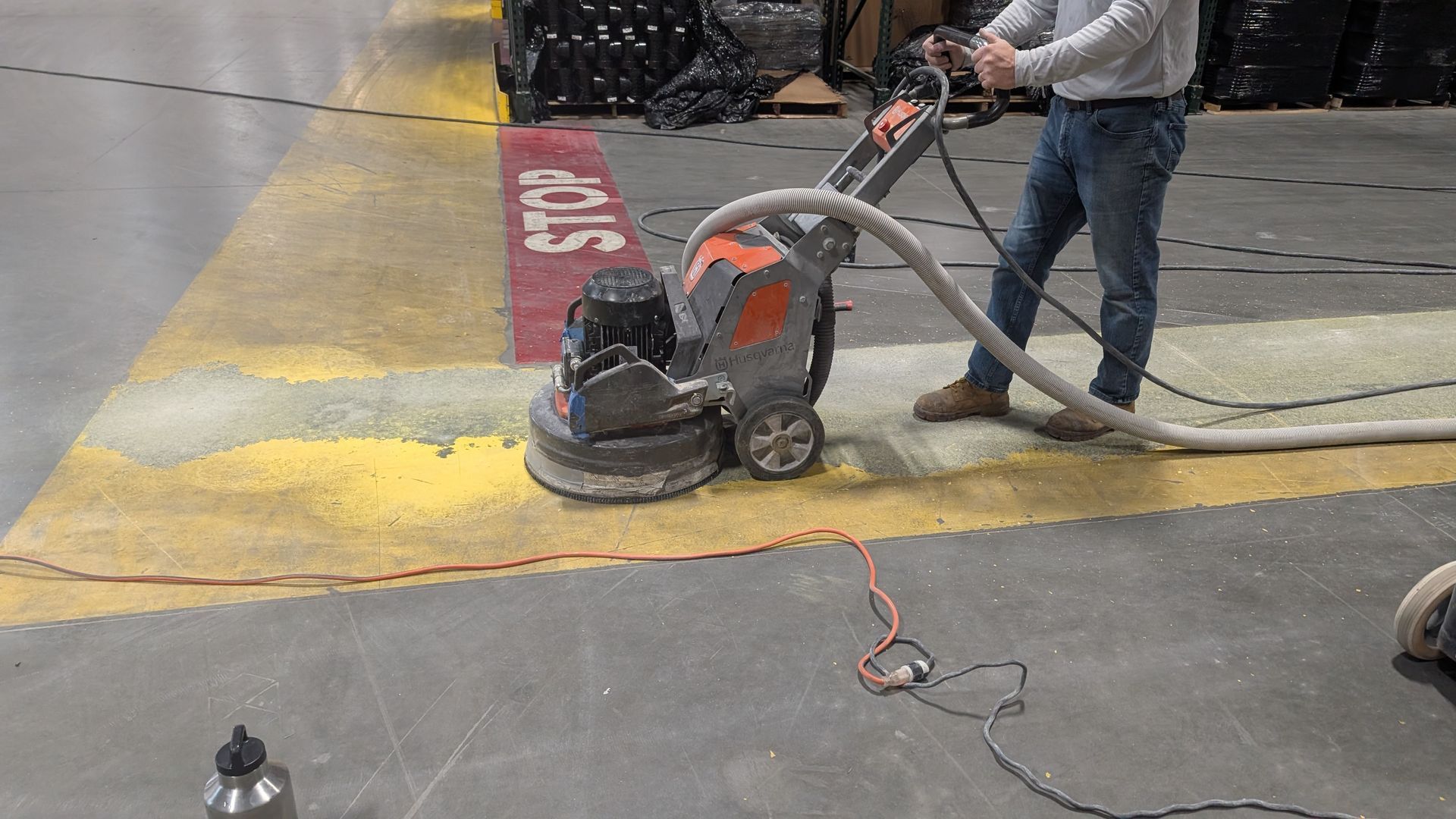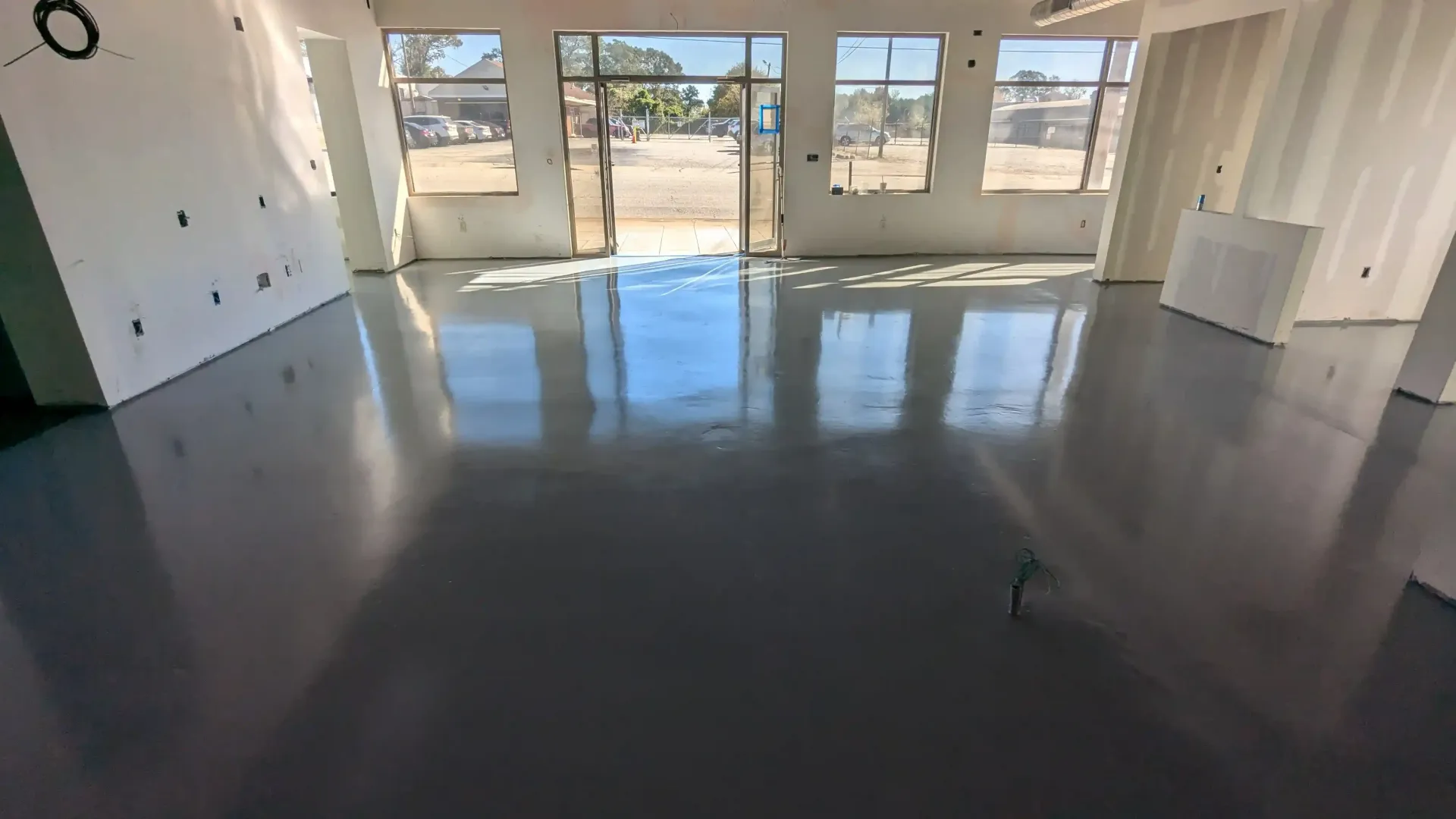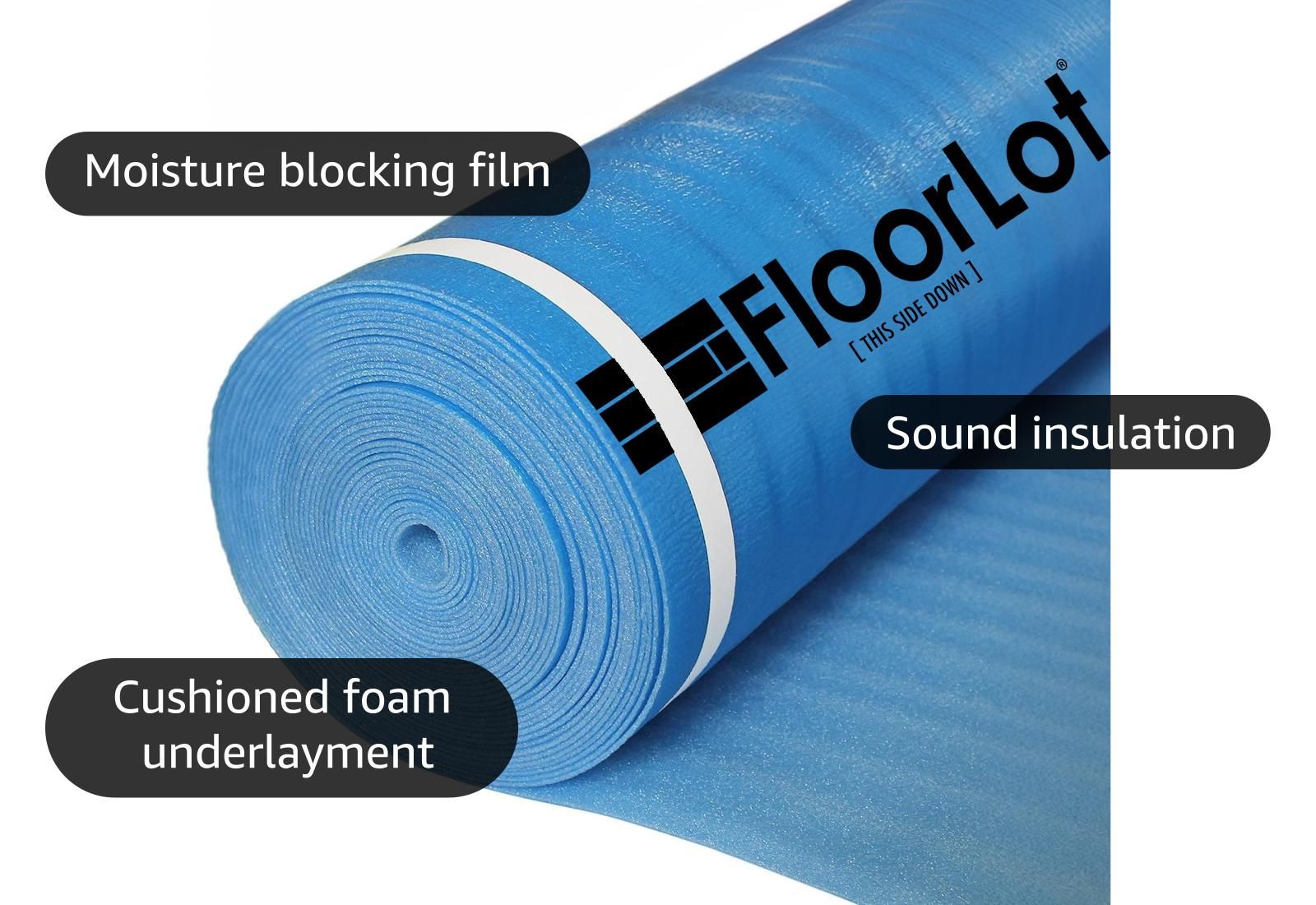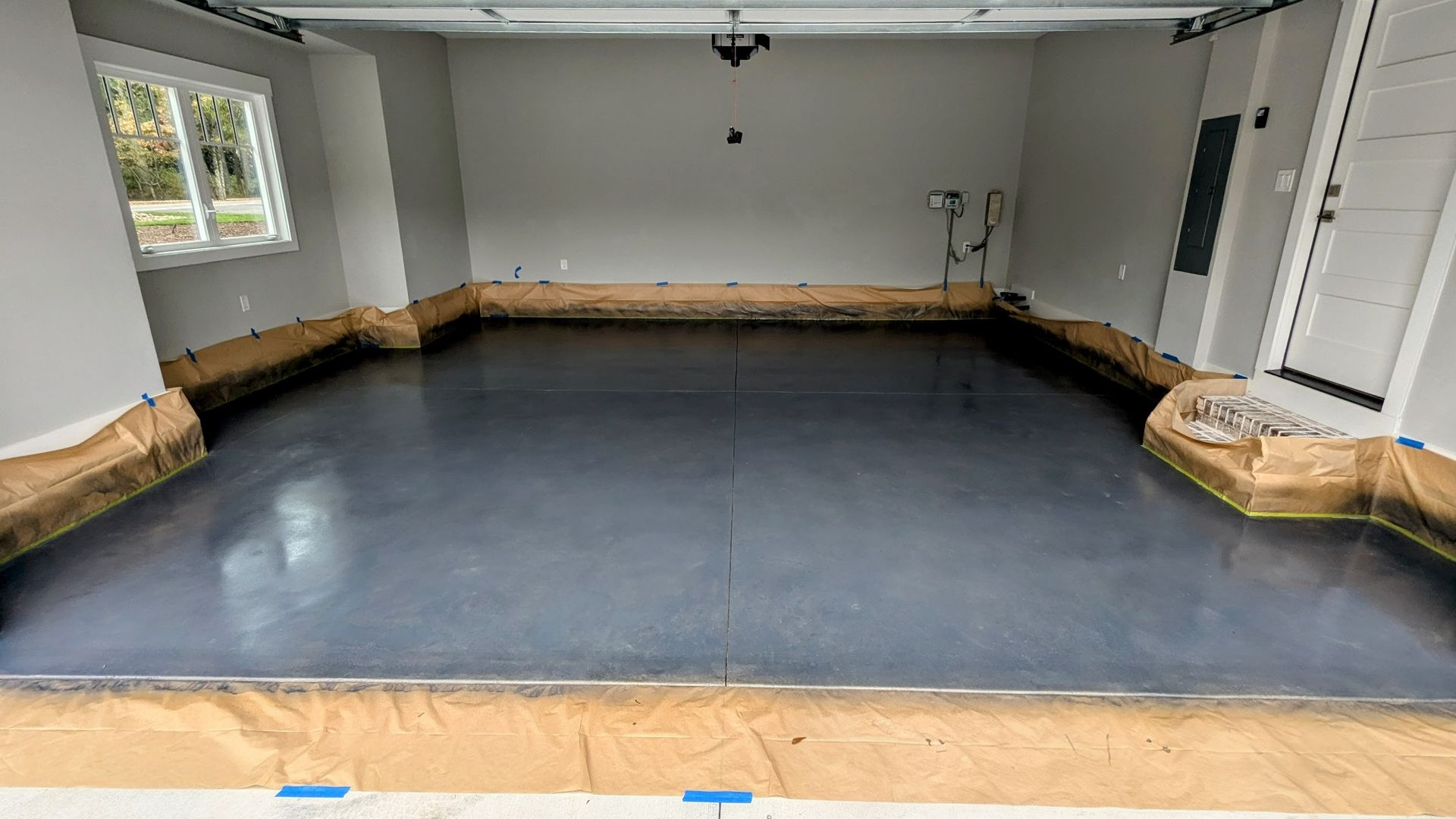The Importance of Garage Floor Coatings: Why You Should Consider It
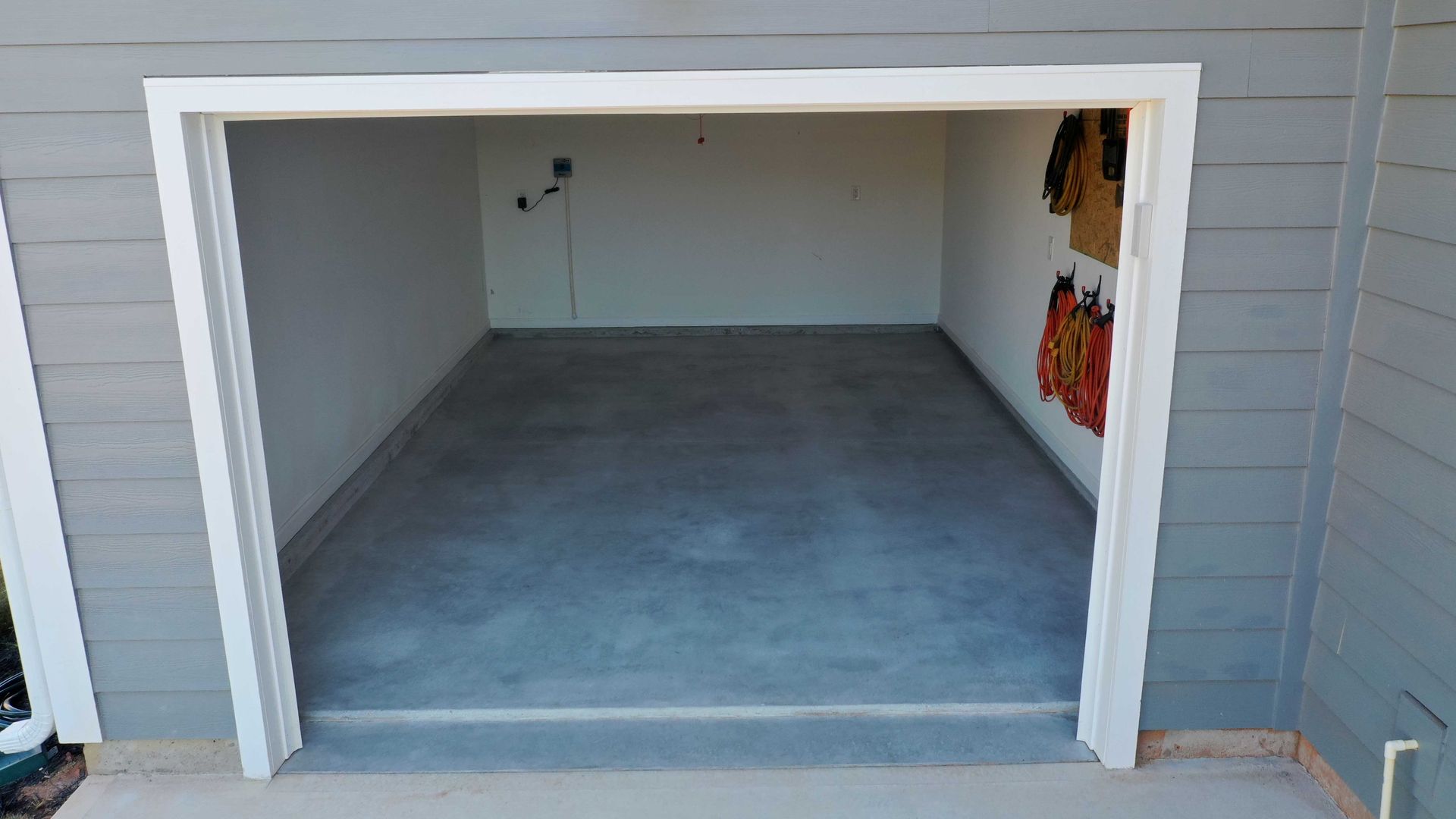
Key Takeaways
- Garage floor coatings protect against damage from spills, moisture, chemicals, and heavy use, making them a smart choice for durability.
- These coatings come in various styles, including decorative concrete finishes, offering customized aesthetics and a polished look.
- Investing in garage floor coatings, like those offered by epoxy flooring contractors, can increase your home's value, making it more appealing to potential buyers.
Benefits of Garage Floor Coatings
Enhanced Durability and Longevity
Garage floors endure wear and tear from vehicles, tools, and other activities. Applying a protective layer like polyaspartic floor coatings or epoxy floor coatings prevents stains, abrasion, and chemical damage. These coatings can withstand the weight of vehicles and resist tire marks, ensuring your floor stays in good condition
Improved Aesthetic Appeal
Transform your garage into a visually appealing space with metallic epoxy floors or granite-like finishes. Whether you're using it for storage, a workspace, or parking, a sleek polyaspartic coating or masonry-inspired look elevates the overall vibe. Adding color or incorporating mica flakes can make the floor stand out.
Increased Property Value
A professionally coated floor by trusted epoxy floor companies not only improves functionality but also enhances curb appeal. Coatings such as polyurea garage floor systems or concrete floor repair solutions show potential buyers that there is a home improvement and it is well-maintained, increasing its resale value.
Types of Garage Floor Coatings
So, you're thinking about sprucing up your garage floor, huh? Well, there's a bunch of coatings out there, and each one has its own thing going on. Let's dive in and check out what each type has to offer.
Epoxy Coatings
Known for durability, epoxy coatings provide a hard, chemical-resistant surface that can handle heavy-duty tasks. Available in various colors, textures, and finishes, they are a go-to choice for garage floor epoxy. However, they may require diamond etching for better adhesion and proper curing for maximum effectiveness.
Polyurethane Coatings
These coatings are excellent for areas with temperature fluctuations. Their abrasion-resistant and waterproofing nature ensures long-lasting beauty and durability. A polyurethane coating also offers superior resistance to volatile organic compounds (VOCs) and moisture, making it ideal for exterior patios or driveways.
Acrylic Coatings
If you're on a budget, acrylic waterproofing offers a quick and effective solution. Though less durable than polyaspartic coatings or epoxy garage floor systems, they still provide a sleek look and decent protection. Perfect for light-duty applications, acrylic works well for interior design projects or as a primer layer.
Installation Process of Garage Floor Coatings
Surface Preparation
Alright, first things first, let's talk about getting that concrete floor ready for coating. It's all about the prep work. Start by thoroughly cleaning the garage floor using pressure washing to remove dirt, dust, and debris. Stains like oil should be addressed with a degreaser to ensure proper adhesion. Repair any cracks or holes in the masonry with a concrete sealer for a smooth, solid base. Using sandpaper or a diamond grinder, etch the surface for better coating adhesion. This step ensures your coating will last, whether you're using epoxy floor coatings, polyurethane, or polyurea floor coating.
Application Techniques
Once your surface is ready, it’s time to apply the coating. Start with a primer to enhance adhesion and protect against moisture. After that, mix and roll on the epoxy or polyaspartic esters using a nylon brush or squeegee for even application. Opt for coatings with high abrasion resistance and chemical resistance, especially in areas exposed to mildew, dirt, or tire wear. For a decorative touch, add mica flakes or choose a metallic epoxy floor for aesthetics. Remember to follow safety protocols when working with volatile organic compounds and solvent-based materials.
Curing and Drying Time
Proper curing is key to a durable finish. Depending on the product—whether it’s a polyaspartic flooring or epoxy floor paint—curing times can vary. Some coatings, like those from Sherwin Williams epoxy floor or Rust-Oleum EpoxyShield, might take 24–48 hours, while others like polyurea garage floor systems can be set quicker. Avoid using the space or placing heavy items until the coating has fully cured to prevent damage.
Maintenance and Care for Garage Floor Coatings
Regular Cleaning Tips
Maintaining your garage floor coating doesn’t have to be a hassle. Regularly sweep or vacuum to remove dirt and dust. For spills, a quick wipe with a damp mop usually suffices. Use a mild detergent mixed with water for routine cleaning. If your coating includes polyurethane or polyurea, avoid abrasive cleaners that could compromise its durability.
Handling Stains and Spills
Accidents happen! For tough stains like oil or paint, a cleaner compatible with your floor coating can do wonders. Ensure it’s safe for materials like polyaspartic or polyester to avoid damage. If a spill seeps into a decorative concrete finish or concrete garage floor, act quickly to maintain its color and shine.
Periodic Recoating
Over time, even the best coatings might need a refresh. High-traffic areas, like warehouses or driveways, benefit from recoating every few years to maintain abrasion resistance and aesthetics. Use products like Penntek or consult epoxy floor installers for professional updates.
Taking care of your garage floor coating is important to keep it looking great and lasting long. Regular cleaning and avoiding harsh chemicals can help maintain its shine. If you want to learn more about how to care for your garage floor, visit our website for tips and expert advice!
Final Thoughts on Garage Floor Coatings
Adding a garage floor coating isn’t just about looks—it’s about protection, durability, and convenience. Whether you choose a concrete coating, epoxy garage floor, or polyaspartic floor coating, you’ll enjoy easier cleaning, improved safety, and increased property value. With options like garage tiles, polished concrete, and customizable colors, you can design a garage that fits your lifestyle.
For more details or to get a free estimate, consult your local epoxy floor contractors or request a quote from leading garage floor epoxy contractors like Zachary Daniel Concrete.
Frequently Asked Questions
What are garage floor coatings and why are they important?
Garage floor coatings like epoxy, polyurethane, or polyurea are applied to protect floors from stains and environmental damage. They improve chemical resistance, make cleaning easier, and enhance the overall look of your garage flooring.
Can I apply a garage floor coating myself?
While DIY kits are available, professional garage floor companies or epoxy flooring contractors provide better results with warranties for long-lasting performance. For large-scale projects like industrial epoxy floor coating, experts ensure even application and proper curing.
How long do garage floor coatings last?
The lifespan depends on the type of coating and care. High-quality options, such as polycuramine or polyaspartic esters, can last 10–15 years with proper maintenance.
